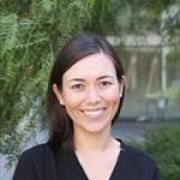Deputy Department Manager
F_IT Website Development
Phone Override
555-555-5555
Lorem ipsum dolor sit amet, consectetur adipiscing elit. Immo videri fortasse. Praeclare hoc quidem. Eiuro, inquit adridens, iniquum, hac quidem de re; Cyrenaici quidem non recusant; Tibi hoc incredibile, quod beatissimum. Nemo nostrum istius generis asotos iucunde putat vivere.
Duo Reges: constructio interrete. Pauca mutat vel plura sane; Non quam nostram quidem, inquit Pomponius iocans; Summae mihi videtur inscitiae. Haeret in salebra.
Non quam nostram quidem, inquit Pomponius iocans; Quae cum dixisset, finem ille. At enim sequor utilitatem. Aliter autem vobis placet. Quoniam, si dis placet, ab Epicuro loqui discimus. Quam tu ponis in verbis, ego positam in re putabam. At coluit ipse amicitias.
Consequentia exquirere, quoad sit id, quod volumus, effectum. Quia dolori non voluptas contraria est, sed doloris privatio. Gloriosa ostentatio in constituendo summo bono.
Sed residamus, inquit, si placet. An nisi populari fama? Quae sequuntur igitur? Videamus animi partes, quarum est conspectus illustrior;
